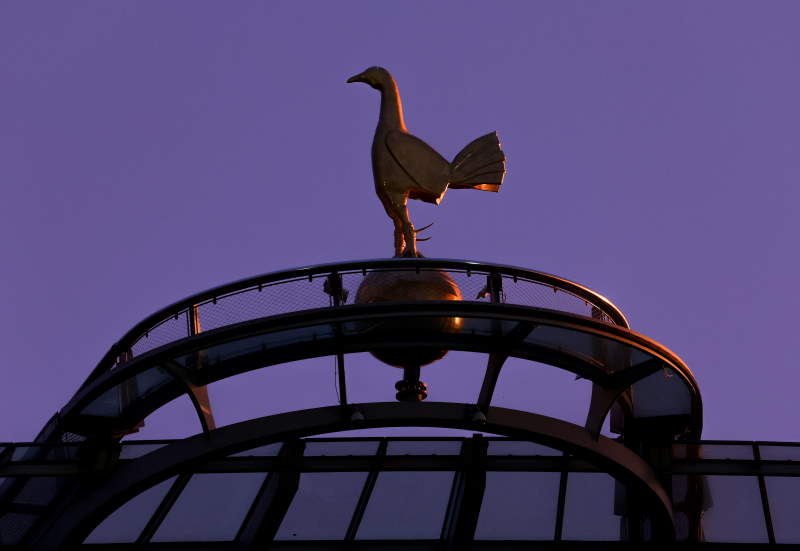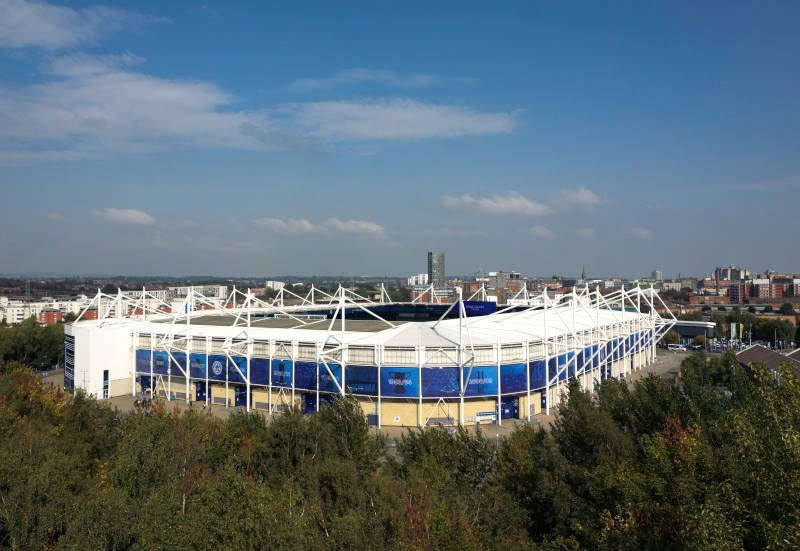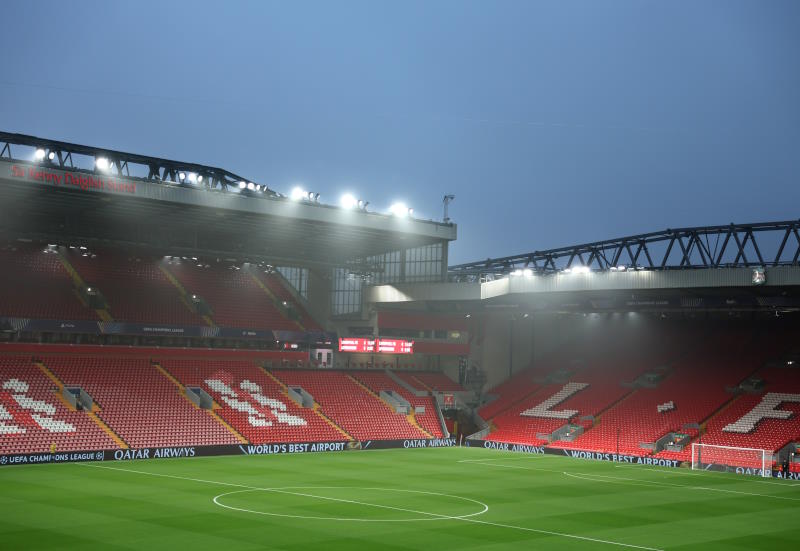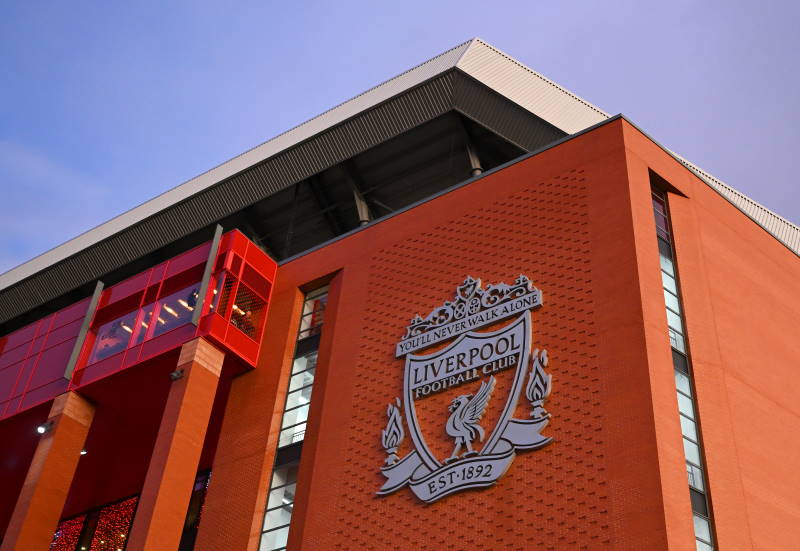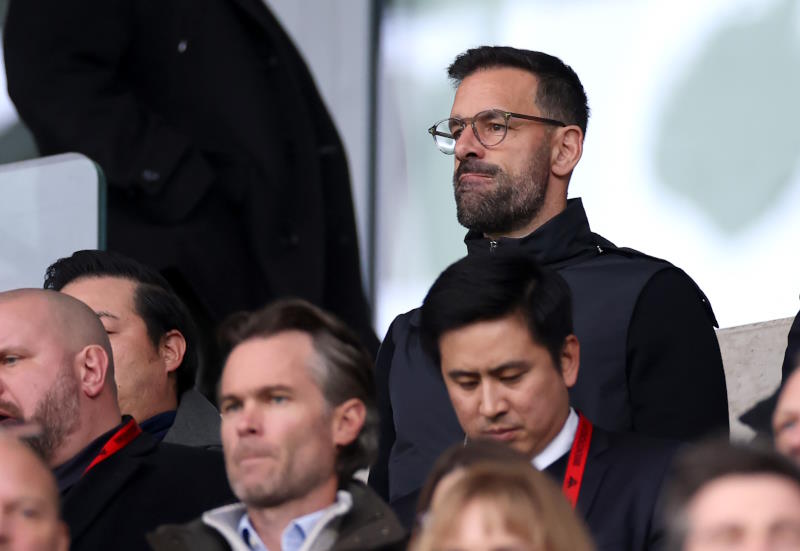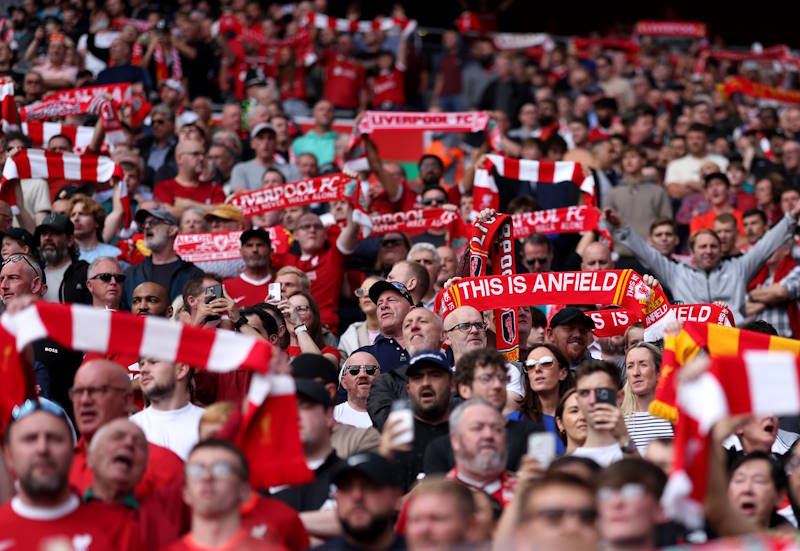
After failed bids to host Euro 2008 (a joint bid with Greece) and Euro 2012, the Turkish Football Federation will be hoping it is third time lucky as they try to persuade UEFA that the time has come for Turkey to be trusted with a major international tournament. Turkey’s determination to put forward a successful case has been demonstrated by the Turkish government who have offered robust financial and diplomatic backing throughout the bidding process. New national team coach Guus Hiddink has also given his backing to the bid.
The proposal consists of nine stadiums in eight cities – two in Istanbul – and all the venues within the bid will either be new or renovated, with the government putting €1bn towards the project. The cities included in the bid are: Istanbul, Ankara, Antalya, Bursa, Eskişehir, Izmir, Kayseri and Konya. Adana, Trabzon and Şanlıurfa wait in reserve. It is expected that the final would be played in Istanbul’s Atatürk Olympic Stadium, the venue of the 2005 Champions League final.
With the bid having a substantial provincial element, the Turkish government have guaranteed to invest €20bn on improving infrastructure between host cities with new roads and railways planned to move fans from place to place. Bid organisers hope to have all stadiums completed by 2014.
The Pros
Passionate Fans – Turkish fans have a worldwide reputation for their passion for the beautiful game and their presence would add distinct character to the tournament.
Turkey’s chance to shine – Turkey has lost out on several major sporting events over the past couple of decades and the country appears determined to show that is ready to host a major international competition.
Regeneration – Many stadiums within the bid are to be either revamped or built from scratch, and as such this represents a fantastic opportunity to regenerate areas of Turkey’s major cities.
Not just Istanbul – Visitors to Turkey only normally cross the Bosphorous into the Anatolian part of Istanbul and don’t venture much further. The Turkish bid involves the whole of the country, allowing fans to unlock hidden treasures within the interior.
The Cons
Fan Violence – Turkish people undoubtedly love their football, but at times that passion has over spilled into violence directed at rival fans. UEFA will require assurances from the Turkish authorities that visiting fans will be safe.
Security – The country has been the subject of several terrorist attacks linked to Islamic militants over the past decade, some of which have been aimed at tourists in Istanbul or along coastal resorts. The country’s proximity to the Middle East, especially Iraq and Iran will also raise concerns with UEFA as tension in the region remains high.
Infrastructure – With provincial Turkey very much part of the bid, the Turkish government has promised the necessary investment in infrastructure, but UEFA have been there before with Ukraine who jointly host Euro 2012 with Poland. European football’s governing body will want guarantees that the investment will be forthcoming and that the work is carried out as soon as possible.
Political Impact – Primarily not UEFA’s concern, but consideration does need to be made as to the political impact of a successful Turkish bid. Inevitably renewed discussion regarding Turkey’s proposed EU membership will take place which may not go down too well within some diplomatic quarters, especially with the severe economic problems faced by several EU countries including neighbouring Greece.
Conclusion
The Turkish bid is a risk for UEFA, but European football’s governing body aren’t adverse to taking a chance as demonstrated with the awarding of Euro 2012 to Poland/Ukraine. After two failed Turkish attempts UEFA may find it difficult to turn down a third bid, especially if it is attractive and the sums add up. UEFA also need to consider that the two competitors, France and Italy have both held the World Cup in recent memory.
There is some indication that Turkey has slowly been nurtured by UEFA to host the European Championships. Turkey, or Istanbul specifically was awarded the 2005 Champions League final and 2009 UEFA Cup final, with both events passing without incident. The Turkish Football Federation and the country’s government have thrown all their resources at the proposal and will be bitterly disappointed if they are rejected again, but the chances are they will be receiving some positive news at the end of the month.
Related Articles:
- – South Africa Address World Cup Security Fears
- – Africans in 2010 World Cup Dreamland
- – Can Wales Avoid International Wilderness?


